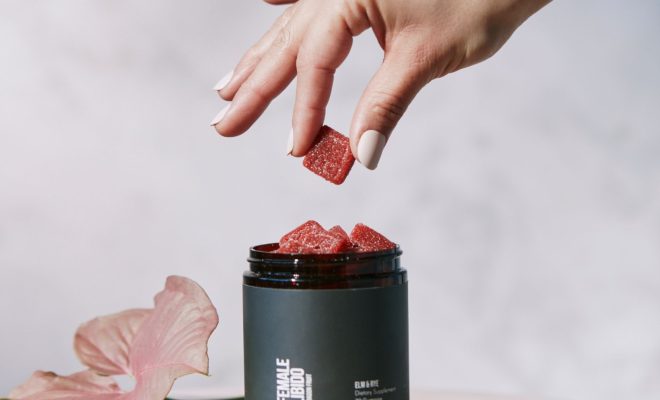Not All Protein Bars Are Made Equal—How To Choose the Best One for You

In the bustling aisles of health food stores and supermarkets, protein bars are now ubiquitous, offering the promise of a convenient, fast-acting protein fix wrapped in flavors that rival our favorite candies. But the truth is not all protein bars are created equal.
The search for the best protein bar for your health and fitness goals is similar to finding the right fuel for a high-performance vehicle; you need premium input for premium output. Here’s how to discern between a multitude of options and pick the protein bar tailored specifically to your needs.
Firstly, understand your dietary requirements and goals. Are you needing a meal replacement, a workout supplement, or just a healthy snack? Different scenarios require different nutritional profiles. For instance, meal replacements will have more calories and balanced macronutrients whereas a post-workout bar should be higher in protein and lower in fats.
Secondly, not all proteins are the same. A high-quality bar will use complete proteins which contain all essential amino acids vital for muscle repair and building – typically found in whey, casein or plant-based blends such as brown rice with pea proteins for vegetarians and vegans.
Thirdly, scrutinize the label for added sugars and alcohol sugars. High quantities of these imply empty calories that can spike blood sugar levels while providing little nutritional benefit. Look for bars sweetened naturally or containing less than 5 grams of added sugar.
Next is to inspect the fiber content; fiber aids digestion and boosts satiety – helping you to feel fuller longer. Aim for bars with at least 3 grams of dietary fiber but be cautious as too much fiber can cause digestive distress especially when consumed quickly as with a bar.
Another crucial element to consider is fat quality. Healthy fats are vital but should come from natural sources like nuts and seeds rather than hydrogenated oils which contain harmful trans fats.
The ingredient list should be transparent and short – lengthy lists often signal the presence of artificial preservatives, colorings and flavorings which can be detrimental to long-term health.
Moreover, your taste preference matters because if you don’t enjoy eating the protein bar it’s likely going to end up pushed back into your pantry. Sample different flavors but prioritize quality ingredients over taste alone.
Finally, take into account any individual dietary needs such as gluten-free, keto-friendly, or low glycemic index if you’re diabetic. There’s no one-size-fits-all when it comes to protein bars, so aligning your selection with specific health considerations is essential.
In conclusion, choosing the right protein bar involves looking beyond catchy packaging and enticing flavors; it requires careful consideration of its nutritional profile, ingredient quality, dietary needs, and personal goals. Through mindful selection, you can ensure that the protein bar you consume contributes positively towards your health regimen.






